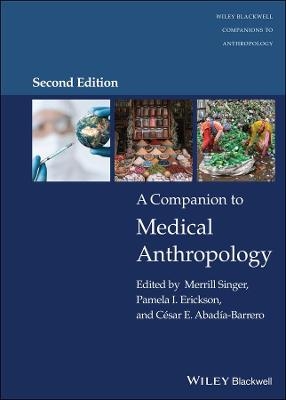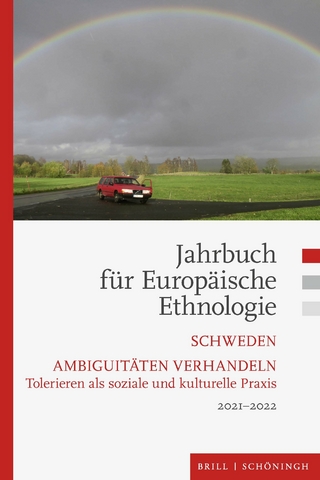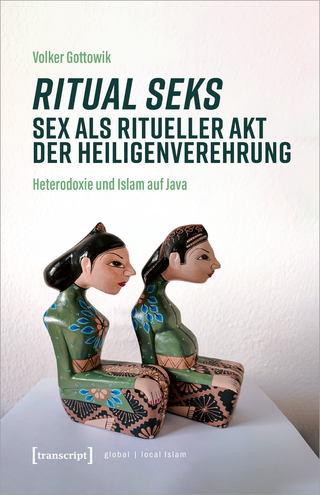
Critical Approaches to Superfoods
Bloomsbury Academic (Verlag)
978-1-350-19534-9 (ISBN)
In the past decade, superfoods have taken US and European grocery stores by storm. Novel commodities like quinoa and moringa, along with familiar products such as almonds and raw milk, are now called superfoods, promising to promote health and increase our energy. While consumers may find the magic of superfoods attractive, the international development sector now envisions superfoods acting as cures to political and economic problems like poverty and malnutrition.
Critical Approaches to Superfoods examines the politics and culture of superfoods. It demonstrates how studying superfoods can reveal shifting concepts of nutritional authority, the complexities of intellectual property and bioprospecting, the role marketing agencies play in the agro-industrial complex, and more. The multidisciplinary contributors draw their examples from settings as diverse as South India, Peru, and California to engage with foodstuffs that include quinoa, almonds, fish meal, Rooibos Tea, kale and açaí.
Emma McDonell is Visiting Assistant Professor at the University of Tennessee at Chattanooga, USA. Richard Wilk is Distinguished Professor in the Department of Anthropology at Indiana University, USA. His publications include Home Cooking in the Global Village (2006), and Rice and Beans (2012).
List of Figures
List of contributors
Acknowledgements
1.Introduction. Tracking Superfoods
Emma McDonell and Richard Wilk
Part I. Making foods super
2.From Seasonal Specialty to Superfood: Almonds, Overproduction, and the Semiotics of The Spatial Fix
Emily Reisman
3.“The New Pomegranate”: Rooibos Magic, Traditional Knowledge, and the Politics and Possibilities of Superfoods
Sarah Ives
4.Extractionist logics: the missing link between functional foods and superfoods
Christy Spackman
Part III. Working miracles
5.“A Really Good Story Behind It”: Moringa Bars and Venture Capital Funding
Julie Guthman
6.The Miracle Crop as a Boundary Object: Quinoa’s Rise as a “Neglected and Under-Utilized Species”
Emma McDonell
7.What Makes Food Super? The Post-Eugenic Promises of Fish Flour and Other Super Powders
Hannah LeBlanc
Part III. Superfood trajectories
8.From Superfood to Staple? Tracing the Complex Commoditization of Kale
Marvin Joseph F. Montefrio and Anacorita O. Abasolo
9.The Global Acai´: A Chronicle of Possibilities and Predicaments of an Amazonian Superfood
Eduardo S. Brondizio
10.Amaranth’s “Rediscovery” In Mexico: A Path Towards Decolonization of Food?
Florence Bétrisey and Valérie Boisvert
Index
| Erscheinungsdatum | 17.06.2022 |
|---|---|
| Zusatzinfo | 22 bw illus |
| Verlagsort | London |
| Sprache | englisch |
| Maße | 156 x 234 mm |
| Themenwelt | Sozialwissenschaften ► Ethnologie ► Völkerkunde (Naturvölker) |
| Sozialwissenschaften ► Soziologie | |
| Technik ► Lebensmitteltechnologie | |
| ISBN-10 | 1-350-19534-0 / 1350195340 |
| ISBN-13 | 978-1-350-19534-9 / 9781350195349 |
| Zustand | Neuware |
| Haben Sie eine Frage zum Produkt? |
aus dem Bereich


